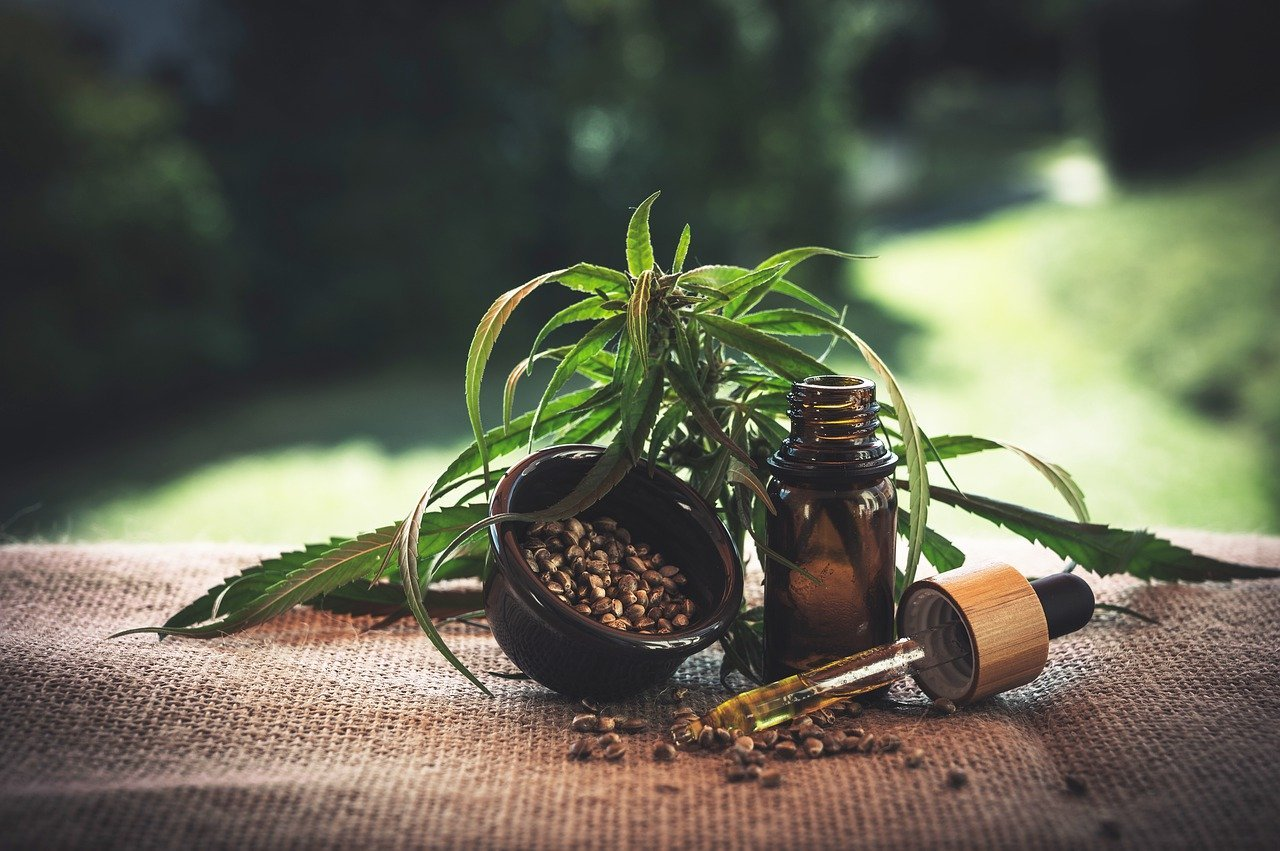Changing Times – Recent Developments Give Cannabis Businesses New Optimism
The year 2020 has been like no other in recent memory, but as the second decade of the 21st century draws to a close, recent developments at the state, federal, and international levels have given cannabis businesses new reasons to celebrate despite this year’s hardships. This two-part article will discuss some of those developments.
Virginia
On July 1st of this year, House Bill 972 and Senate Bill 2 became effective, decriminalizing the simple possession of marijuana in the Commonwealth of Virginia. Last month, Governor Northam announced that he would propose legislation in the upcoming legislative session to begin the process of the legalization of adult-use recreational marijuana in Virginia.
Governor Northam’s announcement came as the Joint Legislative Audit and Review Commission (JLARC) released their study on the legalization of marijuana on November 16th and the Governor’s Virginia Marijuana Legalization Work Group released its report on November 30, 2020. Neither report recommends the legalization of marijuana, rather, the reports consider wide-ranging issues surrounding legalization such as taxation, banking, criminal justice reform, licensing, regulations, legislative changes, and consumer safety and make recommendations on how to address those issues. Part two of this article will address some of the key findings and recommendations of those reports.
Federal Developments
In September 2019, the United States House of Representatives (House) passed the Secure and Fair Enforcement (SAFE) Banking Act of 2019. The SAFE Act prohibits a federal banking regulator from penalizing a depository institution for providing banking services to a legitimate marijuana-related business. As of this writing, however, the SAFE Act is still pending in the Senate’s Committee on Banking, Housing, and Urban Affairs. Last week, the House passed the Marijuana Opportunity Reinvestment and Expungement (MORE) Act of 2020. Importantly, the MORE Act of 2020 seeks to remove marijuana from the list of scheduled substances under the Federal Controlled Substances Act[1] and eliminates criminal penalties for individuals who manufacture, distribute, or possess marijuana, thus legalizing marijuana at the Federal level, should the Act pass in the Senate. Additionally, the Act:
- replaces statutory references to marijuana and marihuana with cannabis,
- requires the Bureau of Labor Statistics to regularly publish demographic data on cannabis business owners and employees,
- establishes a trust fund to support various programs and services for individuals and businesses in communities impacted by the war on drugs,
- imposes a 5% tax on cannabis products and requires revenues to be deposited into the trust fund,
- makes Small Business Administration (SBA) loans and services available to entities that are cannabis-related legitimate businesses or service providers, [2]
- prohibits the denial of federal public benefits to a person on the basis of certain cannabis-related conduct or convictions,
- prohibits the denial of benefits and protections under immigration laws on the basis of a cannabis-related event (e.g., conduct or a conviction),
- establishes a process to expunge convictions and conduct sentencing review hearings related to federal cannabis offenses, and
- directs the Government Accountability Office to study the societal impact of cannabis legalization.
The bill is presently pending in the Senate Committee on Finance, and, given the upcoming Senate runoff elections in Georgia, it is unclear at this time if the bill will move forward in this or the next legislative session in Congress. Thus, marijuana remains illegal under Federal law.
CBD
Consumer desire for hemp derived foods and extracts, including cannabidiol (CBD), has been growing steadily during the past several years. In Virginia, the Virginia Department of Agriculture and Consumer Services (VDACS) treats hemp products containing a hemp-derived extract intended for human consumption, such as hemp-derived CBD oil, as an approved food ingredient or dietary supplement. However, the federal Food and Drug Administration (FDA) has taken the opposite approach, and has not approved CBD (whether derived from marijuana or hemp) for human consumption or for use as a dietary supplement. Recently, the European Commission reversed its initial assessment identifying CBD as a narcotic. This reversal came as the European Union Court of Justice also ruled that CBD cannot be regarded as a narcotic.
United Nations Commission on Narcotic Drugs
Last week, the United Nations Commission on Narcotic Drugs (Commission), the United Nation’s central drug policy-making body, voted to remove cannabis and cannabis-related substances from Schedule IV of the 1961 Single Convention on Narcotic Drugs, where it was listed along with opioids such as heroin. While not legalizing cannabis (which remains on Schedule I) the move opens the door to further medical and scientific study of the drug. The Commission, however, rejected a proposal to exempt CBD preparations with less than 0.2% THC from international control.
Given these recent changes, businesses in cannabis related industries will continue to watch with great anticipation as state, federal, and international laws surrounding cannabis continue to develop.
[1] 21 U.S.C. §801 et seq.; Pub. L. 91-513, Title II, § 101, Oct. 27, 1970, 84 Stat. 1242.
[2] At present, with the exception of businesses that produce or sell hemp and hemp-derived products as defined under the Agriculture Improvement Act of 2018, both “direct” and “indirect” marijuana-related businesses are not eligible for SBA funded services since federal law prohibits the distribution and sale of marijuana; see OMB, 2 C.F.R. § 200.300.
Share on Social

